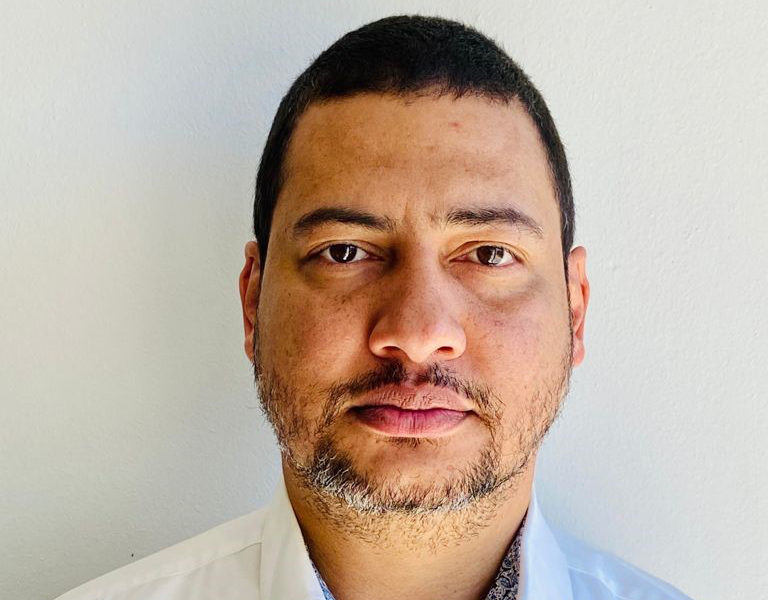World
Sharaka shakes up Middle East peace talks

“Who would have thought this webinar would be possible a year ago?” asked Amit Deri, the co-founder and director of Sharaka (“partnership” in Arabic). This organisation sprang from the Abraham Accords signed between Israel, the United States, Bahrain, and the United Arab Emirates (UAE) in August 2020 to deepen peace by promoting people-to-people interactions.
Deri was kicking off a Zoom conversation on Monday, 8 March, about growing peace in the Middle East and South Africa’s lessons for reconciliation. The event was co-hosted by the South African Jewish Board of Deputies and Sharaka.
He noted how relations between Israel and the two Arab countries had blossomed in just six months. “It felt like meeting old friends after a long time,” he said of visiting the UAE. “The world belongs to the youth. We are willing to dream, to see the future.” Sharaka organised an Israeli youth delegation to the UAE before there were visa arrangements between the two countries.
“At the first meeting, people were so spontaneous. We took copies of their passports, and ten days later, our new friends were in Israel, in my house in the Golan!”
Sharaka holds webinars almost every week to promote unity, heritage, and language, and hopes to have more in-person interaction once lockdowns are lifted.
From Bahrain, journalist and activist Amjad Taha, resplendent in his traditional white thobe or dishdasha, said, “Bombs and guns belong to yesterday. There should be peace through negotiations, where both sides give something at the table. The Middle East isn’t the same. The peace treaties between Israel, Egypt, and Jordan are more like ceasefires. We want a real peace. Sudan and Morocco have joined the Abraham Accords, and there will be others. They will join the peace train in their own time.”
Taha said young people had welcomed the accords, and gave the example of Israeli and Bahraini weightlifters that have been in touch. “We want to connect around culture, sport, technology, art, languages.” He has been subjected to abuse on social media for his stance, but has started engaging with his critics. He was also astounded by the diversity of Israeli society when he visited the country in January.
Asked how the Abraham Accords affected the Palestinian question, Taha said, “Every single religion looks for the prospect of peace. The Middle East has come to understand that we will no longer be hostages of anyone’s cause. We are used to Arab countries being threatened and deceived. Support has waned for terrorism. People want to see peace with Israel, and we oppose Iran. We’re no longer capable of war. And the more countries that join the Abraham Accords, the more Palestinians will come to the table.
“We did our best for the past 30 years, but Palestinians rejected peace overtures again and again and again,” Deri said. “We are now turning to the broader Middle East – Saudi Arabia, UAE, Bahrain, Morocco – inshallah that will bring us closer to peace with the Palestinians. We can do it from the outside in.” He flatly rejects those who refuse to normalise ties with Israel until the resolution of the Palestinian-Israeli conflict.
South African activist Jamie Mighti said, “The Palestinians have been scoring own goals for years. The ANC [African National Congress] and EFF [Economic Freedom Fighters] have a strong position of supporting the Palestinians, and haven’t been welcoming of the Abraham Accords, the peace with Sudan. The question is whether this a viable response – not if they want to be part of the process.”
Mighti asserted that South Africa’s watershed elections in 1994 were a product of years of dialogue. “You have to speak to the other side to chart a way forward,” he said. In both South Africa and the Abraham Accords, “former enemies were willing to meet and normalise, and build long-term peace”.
Overcoming apartheid and changing mindsets takes hard work, Mighti pointed out. The negotiations of the 1990s and the Truth and Reconciliation Commission were incomplete, and South Africa needs more nation-building. “We need to build communities across territories and interests.”
Gabi Farber, a white ANC member of the student representative council at the University of the Witwatersrand, said that 27 years on, South Africa still had racism and inequality. “There’s still pain in society. We can’t move forward unless we discuss it. I made a conscious decision to leave my ‘Jewish bubble’, my comfort zone, and change the narrative.”
Lorena Khateeb, an Israeli Druze, said that since the peace agreements, she had been talking to the UAE and Bahrain “on a daily basis” through Sharaka. She also spoke about how Arab women were emerging from the shadows, becoming doctors, lawyers, and artists. She was able to visit the UAE as a woman on her own.
“The only solution is peace,” she said. “It’s our responsibility to action it. People are tired of conflict.”
